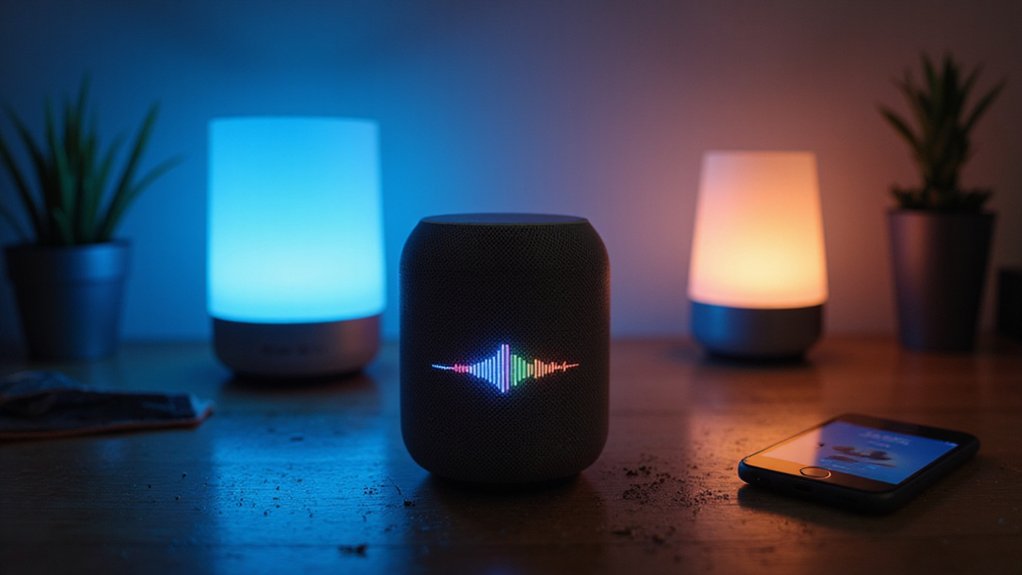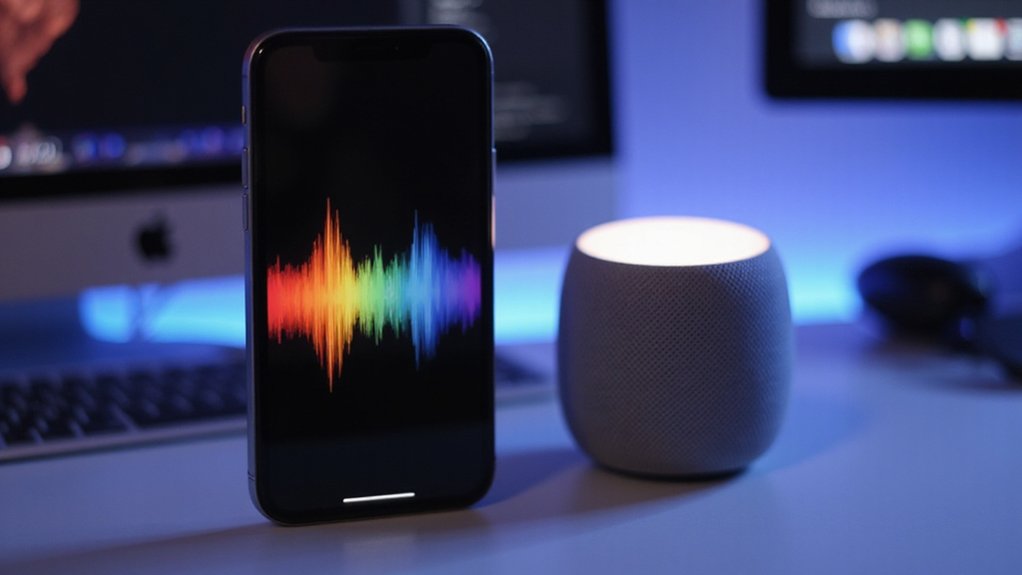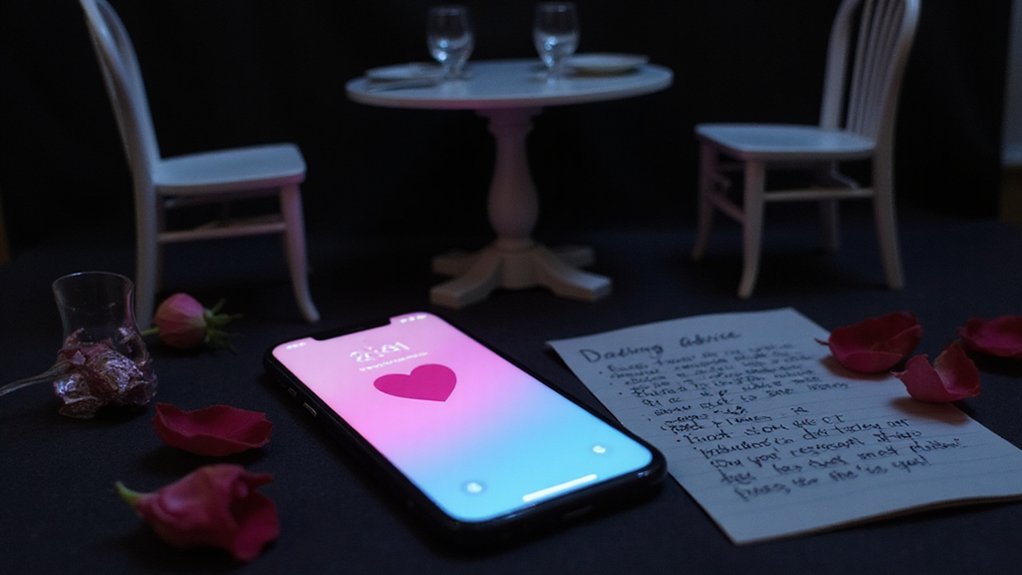People are saying “thank you” to ChatGPT more than ever before. Experts note this polite behavior isn’t just about manners. It reflects how humans naturally bring social norms to their tech interactions. Studies show expressing gratitude triggers positive brain responses, even when directed at AI systems. This trend raises interesting questions about the future of human-computer relationships. What happens when the line between talking to machines and humans starts to blur?
While many people might feel silly saying “thank you” to their digital assistants, experts say this small gesture actually matters. Research shows that expressing gratitude toward AI systems like ChatGPT isn’t just about being polite to a machine—it’s about maintaining healthy human habits and psychological well-being.
Saying “thank you” to AI reflects deeply ingrained social norms that shape our emotional habits. These polite exchanges mirror how we interact with other people, keeping our communication consistent across all relationships. Scientists have found that these small acts of courtesy help reinforce positive behaviors that extend to our human connections as well.
The benefits aren’t just social. When people express gratitude, even to non-human entities, their brains activate pathways associated with positive emotions. This process can reduce stress levels, improve sleep quality, and even strengthen the immune system. Regular expressions of thanks contribute to better mental health and emotional well-being.
From a practical standpoint, thanking AI enhances how users perceive their digital interactions. People who acknowledge AI responses often find the exchange more valuable and meaningful. This mindful engagement creates a structured framework for healthier relationships with technology. Some research suggests that polite language inputs may actually improve how AI systems respond to users. Even in customer service applications, where AI chatbots now handle many inquiries, maintaining polite interactions helps create a more positive experience.
Researchers have also noticed interesting moral and ethical dimensions. The act of thanking AI activates regions of the brain linked to empathy and moral reasoning. This suggests that courtesy toward digital assistants may serve as practice for ethical habits that strengthen our emphasis on respect in society. Additionally, expressions like “thanks for your help” provide emotional reinforcement that significantly improves how users feel about their time spent interacting with AI systems.
The phenomenon raises philosophical questions about extending human norms to machines. As AI becomes more integrated into daily life, these small gestures reflect humanity’s adaptability in creating new ethical frameworks for hybrid intelligence spaces.
While some experts caution that too much politeness toward machines might blur important distinctions between human and digital interaction, most agree that expressing gratitude—even to AI—ultimately reinforces values that make us more considerate, healthier, and happier people.









